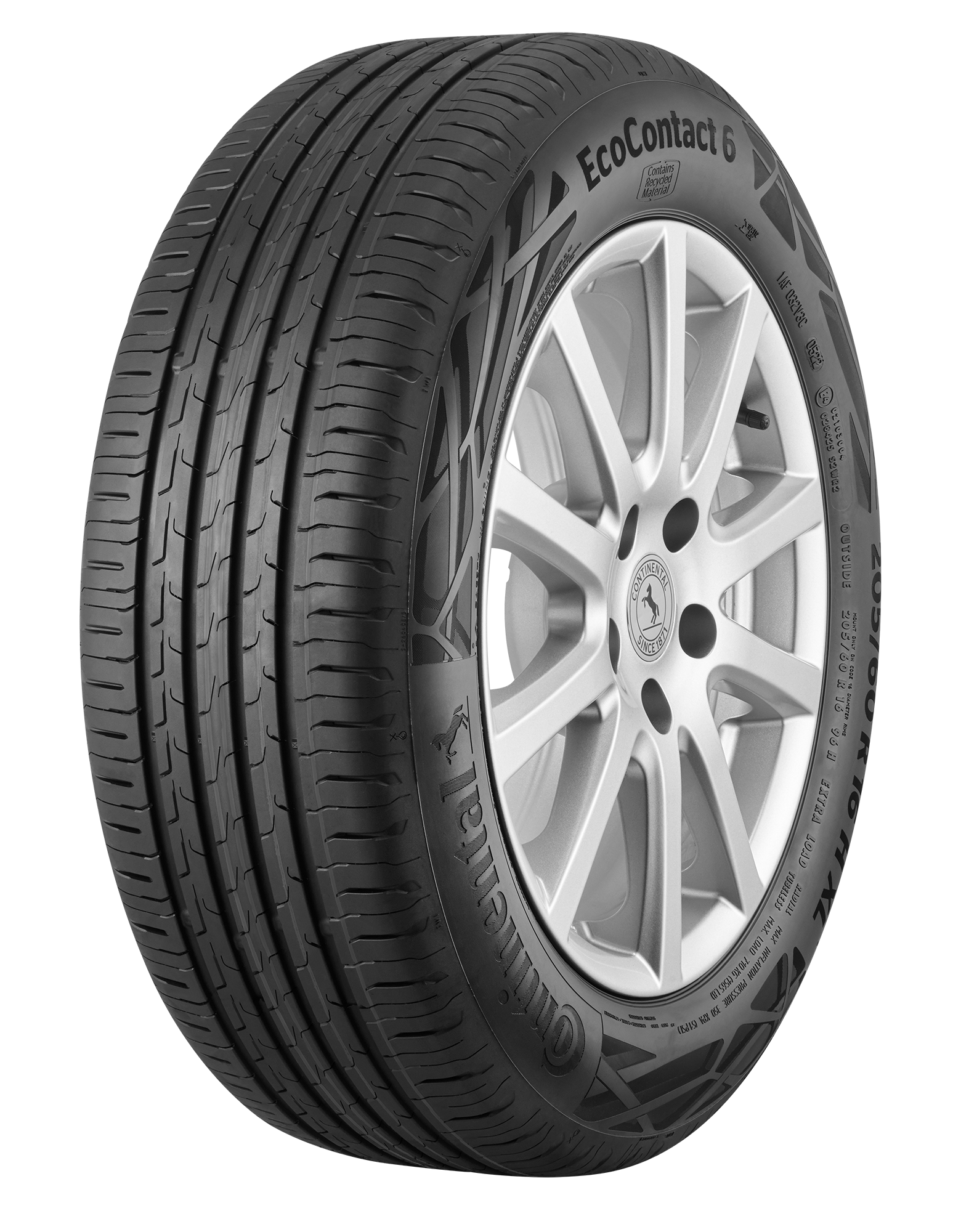Rolling in Green: Unearthing Opportunity in Micro-Cap Tire Recycling Stocks
Hey everyone, let’s chat about something a bit niche but super interesting: micro-cap tire recycling stocks. Now, before your eyes glaze over, hear me out. We’re talking about a corner of the market that’s often overlooked, where smaller companies are trying to make a big impact on a massive waste problem – all those old tyres piling up. Think about it: every year, millions upon millions of tyres reach the end of their road, and they can’t just be chucked in a landfill anymore. That’s where recycling comes in, and for savvy investors, this growing need could spell serious opportunity in the micro-cap space.
The Big Picture: Why Tire Recycling Matters
It’s easy to forget about tyres once they’re off your car, but they represent a huge environmental challenge. Globally, billions of them are discarded annually, and the UK alone disposes of around 600,000 tonnes of end-of-life tyres each year. For a long time, the easy solution was landfilling or even burning, but thankfully, regulations have tightened up. Landfilling whole tyres has been illegal in the UK since 2006, and burning them releases harmful pollutants.

This is where the concept of a “circular economy” comes into play. Instead of viewing old tyres as waste, we’re now trying to see them as a valuable resource that can be recovered and put back into use. This shift in thinking is driving innovation and creating a growing market for tire recycling.
The UK’s Tyre Challenge and the Push for Domestic Solutions
While there’s a strong push for recycling, the UK still faces challenges. A significant portion of its end-of-life tyres are exported, particularly to countries like India. Unfortunately, this often leads to environmental concerns, as these tyres might end up in rudimentary pyrolysis plants with poor environmental controls. There’s a growing call in the UK to keep tyre recycling domestic, using local reprocessing capacity to create valuable products and reduce the environmental footprint associated with exporting waste. This means more opportunities for UK-based recycling companies to step up and meet the demand.
The government is also under pressure to strengthen regulations, such as ending “T8 exemptions” which allow for limited oversight of certain waste handling activities, and even considering a ban on the export of whole end-of-life tyres. These potential regulatory changes could significantly boost the domestic tire recycling industry, making it an even more attractive area for investment.

Understanding Micro-Cap Stocks
Before we dive into the nitty-gritty of tire recycling companies, let’s quickly touch on what “micro-cap” actually means. These are publicly traded companies with a relatively small market capitalization, typically ranging from $50 million to $300 million. They’re often smaller, earlier-stage businesses compared to the big names you hear about all the time.
Why Micro-Caps Can Be Exciting (and Risky)
Investing in micro-caps can be a bit of a rollercoaster, but that’s precisely why some investors are drawn to them.

Growth Potential
Because these companies are often in their earlier stages, they have a lot more room to grow. A small success can translate into significant stock price appreciation, offering outsized returns compared to more mature, larger companies.
Market Inefficiencies
Micro-caps are typically less covered by analysts, meaning there’s less information readily available. This can lead to situations where their market price doesn’t fully reflect their true value. For those willing to do their homework, this can present opportunities to find undervalued gems.
Diversification
Adding micro-cap stocks to your portfolio can help diversify your investments. They often operate in different industries or niches than larger companies and can have a lower correlation to the broader market, which can help balance your overall portfolio risk.
Navigating the Tire Recycling Landscape: Technologies and Opportunities
So, what exactly happens to all those old tyres? The recycling process isn’t a one-size-fits-all solution, and advancements in technology are constantly opening up new possibilities.
Crumb Rubber Production
One of the most common and established methods is turning old tyres into “crumb rubber.” This involves shredding and grinding the tyres into fine particles. This crumb rubber can then be used in a surprising variety of products, including:
Playground surfaces: Providing a soft and safe landing for kids.
Tire-Derived Fuel (TDF)
Another significant application is using shredded tyres as “tire-derived fuel” (TDF). While not always the most environmentally ideal solution, it diverts tyres from landfills and can be used in high-energy processes like cement kilns, where it can replace traditional fossil fuels like coal, potentially reducing emissions. However, the industry is moving towards more sustainable and cleaner energy recovery methods.
Pyrolysis
This is where things get really interesting and where much of the innovation is happening. Pyrolysis involves heating tyres in an oxygen-free environment. This process breaks down the rubber into valuable byproducts, including:
Pyrolysis oil: This can be refined and used as a fuel, or even further processed into sustainable aviation fuel (SAF), which is a huge growth area.
Advancements in pyrolysis technology are focused on making the process more efficient, cost-effective, and environmentally friendly, with reduced emissions. The goal is to produce high-quality, consistent outputs that can compete with virgin materials.
Devulcanization
Tyres are “vulcanized” during manufacturing, a chemical process that gives them their strength and durability. However, this also makes them difficult to recycle back into new rubber products. Devulcanization is a process that breaks down the cross-links created during vulcanization, allowing the rubber to be re-processed and reused in new rubber products without losing its essential properties. This is a game-changer for creating truly circular tire products and a focus for cutting-edge companies.
Bio-Based Materials
While not strictly recycling, another trend in the broader tyre industry that impacts recycling is the development of bio-based materials (BBMs) as alternatives to synthetic components in new tyres. These BBMs are designed to be more easily recyclable at the end of the tyre’s life, contributing to a more sustainable lifecycle.
The Micro-Cap Opportunity in UK Tire Recycling
So, what does this all mean for micro-cap investors in the UK? The growing demand for sustainable solutions, coupled with potential regulatory changes favouring domestic recycling, creates a fertile ground for smaller, agile companies.
These companies might be focusing on:
Developing and scaling advanced pyrolysis plants: Aiming to produce high-value products like pyrolysis oil for SAF or high-grade recovered carbon black.
Finding these companies requires diligent research. Unlike larger corporations, micro-caps often have less public information and limited analyst coverage. You’ll need to dig into their financial reports, understand their technology, assess their management team, and evaluate their competitive advantage. Look for companies that have secured strong partnerships, have patented technologies, or are demonstrating clear progress in commercializing their recycling solutions.
One example that has made headlines is Wastefront, a company planning to produce sustainable aviation fuel (SAF) from recycled tyres in the UK using pyrolysis. While not strictly a micro-cap anymore due to recent investments, it highlights the kind of innovative approaches and potential for growth within the sector. Their ability to secure off-take agreements with major energy corporations and their commitment to domestic production are key indicators of their potential impact. While finding purely micro-cap companies with direct exposure to such cutting-edge tech in the UK and public trading might be challenging, the broader trend they represent is relevant. Many smaller, privately-held companies are working in this space, and some might eventually go public or seek further investment, offering future opportunities.
You might also find smaller, established players like Fraser Evans & Sons Ltd and World Rubber Recycling. While they may not be publicly traded micro-caps in the traditional sense, they represent the domestic capacity and ongoing efforts in tyre reprocessing. They focus on shredding and granulating tyres for various uses, from cement kiln fuel to equestrian surfacing. Their long-standing operations demonstrate the practical application of tyre recycling within the UK. Keeping an eye on such companies, understanding their operations, and looking for potential future public listings or investment opportunities is crucial for a micro-cap focused investor.
The Risks to Consider
Of course, investing in micro-caps always comes with higher risks.
Volatility and Liquidity
Due to their smaller size and lower trading volumes, micro-cap stocks can be more volatile. It might also be harder to buy or sell shares without significantly impacting the price, which is known as low liquidity.
Financial Transparency
Some micro-caps, particularly those not listed on major exchanges, might have less stringent reporting requirements, making it harder to assess their financial health. Always scrutinise their financials with extra care.
Competition and Market Acceptance
The tire recycling industry is becoming more competitive, and new technologies need to prove their economic viability and gain market acceptance. There’s always a risk that a promising technology might not scale as expected or find enough buyers for its recycled products.
Regulatory Changes (Positive and Negative)
While new regulations could be a boon, unexpected negative changes could also impact the industry. Staying informed about government policy and environmental legislation is key.
Technology Risk
For companies relying on new, unproven technologies like advanced pyrolysis or devulcanization, there’s a risk that the technology might not perform as expected, or that better, cheaper alternatives emerge.
Conclusion
The world is waking up to the environmental imperative of managing waste, and end-of-life tyres present a particularly challenging but ripe opportunity. The UK’s commitment to a circular economy, coupled with a growing desire to process waste domestically, paints a promising picture for the tire recycling sector. While micro-cap stocks in this space carry inherent risks, the potential for significant growth driven by technological advancements and increasing demand for sustainable materials is undeniable. For investors with a high-risk tolerance and a dedication to thorough research, unearthing these smaller companies that are literally rolling in green could lead to some genuinely exciting returns and contribute to a more sustainable future.
5 Unique FAQs After The Conclusion
1. How does the ongoing shift to electric vehicles (EVs) impact the tire recycling industry?
The transition to EVs is expected to lead to heavier and more complex tyre waste streams. EVs are generally heavier than their internal combustion engine counterparts, leading to faster tyre wear. Additionally, the specific compounds used in EV tyres might differ, requiring new or adapted recycling processes. This presents both a challenge and an opportunity for tire recycling companies to innovate and adapt their technologies to handle these evolving tyre compositions.
2. Beyond fuel and rubber products, what are some of the lesser-known or emerging applications for recycled tire materials?
Beyond the common uses, recycled tire materials are finding their way into fascinating new applications. These include high-performance construction materials, sound barriers for motorways, railway sleepers, specialised equestrian surfaces (beyond just arenas), and even components for footwear and other consumer goods. The development of odor-reduced recycled rubber is also opening doors for its use in indoor applications like car interiors and building products, where smell was previously a barrier.
3. What are the key differences between batch pyrolysis and continuous pyrolysis in tire recycling, and why does it matter for investors?
Batch pyrolysis processes tyres in distinct batches, often seen in smaller, less efficient operations that can be prone to higher emissions. Continuous pyrolysis, on the other hand, processes material in an ongoing stream, typically offering greater efficiency, scalability, and better control over emissions and product quality. For investors, continuous pyrolysis represents a more advanced and potentially more profitable approach, as it can yield higher quality end-products like pyrolysis oil and carbon black, and often aligns better with stricter environmental regulations.
4. How do regulatory frameworks, specifically the “Duty of Care” in waste management, influence the operational landscape for legitimate UK tire recycling companies?
The “Duty of Care” in UK waste management dictates that anyone dealing with waste has a legal responsibility to ensure it is handled and disposed of correctly. For legitimate tire recycling companies, this means they are competing with less scrupulous operators who might offer cheaper “free” collections but then illegally dispose of tyres or export them without proper controls. This lack of enforcement can undermine the economic viability of companies investing in compliant, advanced recycling facilities. Stronger enforcement of the Duty of Care is crucial for creating a level playing field and incentivising sustainable domestic recycling.
5. What role do “green premiums” play in the adoption of recycled tire materials, and how are micro-cap companies addressing this challenge?
A “green premium” refers to the additional cost associated with producing environmentally friendly products compared to their conventional counterparts. Historically, recycled tire materials sometimes came with a green premium, deterring widespread adoption. Micro-cap companies are addressing this by focusing on technological advancements that reduce processing costs, improve the quality of recycled outputs to a level comparable with virgin materials, and create higher-value products (like SAF or automotive-grade carbon black). The goal is to eliminate or significantly reduce the green premium, making recycled materials economically competitive and thus more attractive to manufacturers.


